Characteristics of a Good Teacher
What reminds you when you think of your favourite childhood teacher? All the support, motivation or the fun and positive attitude? Isn’t it absolutely wonderful how your favourite teacher gave you some excellent memories to remember and carry all your life?
Good trainers inspire, educate, and motivate their students, leading to successful learning outcomes and personal growth. A great teacher always finds ways to improve their teaching methods. Do YOU wish to be an excellent teacher like you had once?
Let’s explore the qualities that make a good teacher effective and how these traits can enhance the learning experience.
The Importance of Good Teachers
Good teachers play a crucial role in student success by creating a positive learning environment, fostering intellectual curiosity, and providing the support students need to achieve their potential. Their impact extends beyond the classroom, shaping the future workforce and contributing to societal well-being. Good teachers inspire a love for learning, encouraging students to become lifelong learners who are curious and motivated to explore new ideas and concepts.
7 Essential Qualities of a Good Teacher
Strong Communication Skills
Effective communication is at the heart of good teaching. Teachers must be able to explain complex concepts in a way that is easy to understand, engage students in meaningful discussions, and provide clear instructions. Active listening is also essential, as it allows teachers to understand and address students' concerns and questions.
Passion for Teaching
A passion for teaching is contagious. Teachers who are enthusiastic about their subject matter and dedicated to their profession can create an engaging and dynamic classroom environment. This passion not only motivates students but also encourages them to develop a genuine interest in the subject.
Adaptability and Flexibility
The ability to adapt to different teaching environments, student needs, and unexpected challenges is crucial for effective teaching. Flexible teachers can modify their teaching strategies to suit diverse learning styles and abilities, ensuring that all students have the opportunity to succeed.
Knowledgeable and Resourceful
Good teachers have a deep understanding of their subject matter and continuously update their knowledge. They are resourceful, utilizing various tools and resources to enhance their teaching and provide students with a comprehensive learning experience. This includes staying informed about the latest educational trends and technologies.
Empathy and Compassion
Empathy allows teachers to understand and relate to their students' experiences and challenges. Compassionate teachers create a supportive and nurturing environment that encourages students to thrive. They are attuned to the emotional and social needs of their students, providing the necessary support to help them overcome obstacles.
Classroom Management Skills
Effective classroom management involves creating a structured and respectful learning environment. Good teachers implement clear rules and procedures, manage disruptions effectively, and foster positive student behaviour. This ensures that the classroom is conducive to learning and that students feel safe and supported.
Continuous Professional Development
Good teachers are committed to lifelong learning and professional growth. They seek out opportunities for further education and training to stay current with educational trends and best practices. This commitment to professional development ensures that they can provide the highest quality education to their students.
How to Become a Teacher
Becoming a teacher in Australia requires specific educational and formal qualifications. Here is an overview of the steps and qualifications needed:
Obtain a Relevant Bachelor's Degree: The first step is to complete a bachelor's degree in education (B.Ed) or a degree in a specific subject followed by a postgraduate teaching qualification. Degrees such as a Bachelor of Education (Primary) or Bachelor of Education (Secondary) are common pathways.
You can check these resources: for more information:
How To Become a Primary School Teacher in Australia
How to Become a Secondary Teacher
Complete Initial Teacher Education (ITE) Program: If you have a non-education bachelor's degree, you need to complete an accredited Initial Teacher Education (ITE) program, such as a Graduate Diploma or Master of Teaching, which provides the pedagogical training required to teach.
Gain Practical Experience: During your ITE program, you will need to complete supervised teaching practice.
Register with the Relevant State or Territory Authority: To teach in Australia, you must be registered with the teaching authority in your state or territory. Each region has its own requirements and registration process, such as the Queensland College of Teachers (QCT) or the Victorian Institute of Teaching (VIT).
Challenges Faced by Teachers
Even though teachers always keep a joyful attitude, they also face numerous challenges, including:
Managing Diverse Classrooms: In today's classrooms, diversity is supreme, with students boasting a wide array of abilities, backgrounds, and learning styles. Effectively managing such diversity requires teachers to use inclusive teaching practices that refer to the individual needs of each student while fostering an environment of respect and understanding.
Balancing Teaching and Administrative Duties: Beyond the classroom, teachers are tasked with plenty of administrative responsibilities, from grading assignments to preparing lesson plans and attending meetings. Striking the right balance between these administrative tasks and actual teaching can be a daunting challenge, often requiring impeccable time management and organizational skills.
Keeping Up with Technological Advancements: While technology can enhance learning experiences and facilitate communication, keeping abreast of the latest tools and trends in educational technology can be overwhelming. Teachers must continuously update their digital skills to leverage technology effectively in the classroom.
Maintaining Student Engagement: Engaging students in meaningful learning experiences is a perpetual challenge for teachers. With distractions abounding in today's digital age, capturing and holding students' attention requires creativity, innovation, and a deep understanding of pedagogical techniques that promote active learning and student participation.
Tips for Becoming a Better Teacher
Seek Feedback: Regularly request feedback from both students and colleagues to gain valuable insights into your teaching methods. Encourage students to share their thoughts on what aspects of the lessons they find most engaging or challenging. Similarly, collaborate with fellow educators to exchange constructive feedback and suggestions for improvement.
Reflect on Practice: Take time to reflect on your teaching practices and classroom experiences. Consider what strategies are working well and where there may be room for enhancement. Reflective practice allows you to identify areas of strength and adjustment, promoting continuous growth and development as a teacher.
Engage in Professional Development: Invest in your professional development by participating in workshops, courses, and seminars related to education. These opportunities provide valuable resources and insights into innovative teaching methods, instructional techniques, and educational technologies.
Collaborate with Colleagues: Collaboration with fellow teachers is essential for creating a supportive and dynamic learning community. Engage in collaborative planning sessions to share ideas, resources, and best practices. By working together with colleagues, you can leverage each other's strengths, brainstorm creative solutions to challenges, and enhance the overall quality of instruction.
Want to Learn More?
Enhancing your teaching skills through professional development is crucial for staying effective and relevant. The Line of Professional Education (LOP) offers a variety of courses designed to support teachers in their professional growth:
Certificate IV in Training and Assessment: Develop essential skills for training and assessing in the vocational education sector.
Diploma of Training Design and Development: Gain advanced knowledge in designing and developing effective training programs.
Diploma of Vocational Education and Training: Enhance your expertise in vocational education and training, focusing on best practices and innovative teaching methods.
The characteristics of a good teacher are crucial for encouraging a positive learning environment and ensuring student success. By focusing on strong communication skills, passion for teaching, adaptability, knowledge, empathy, classroom management, and continuous professional development, teachers can enhance their effectiveness and make a lasting impact on their students' lives.
Explore further education opportunities to continue improving and excelling in your teaching career with Learning Options.
FAQ
What are the most crucial skills for teachers?
Answer: A competent teacher possesses abilities in communication, listening, teamwork, adaptation, empathy, and patience. Other qualities of excellent teaching include an engaging classroom presence, a strong interest in real-world learning, the exchange of best practices, and a lifetime passion for learning.
How does a teacher's personality influence their success?
Answer: The teacher's attitude and temperament can impact the teaching and learning process in both good and bad ways. If the instructor possesses good personality attributes such as enthusiasm, patience, cooperation, and authority, he will be an effective teacher who can satisfy his pupils.
How does a teacher's personality influence their success?
Answer: The teacher's attitude and temperament can impact the teaching and learning process in both good and bad ways. If the instructor possesses good personality attributes such as enthusiasm, patience, cooperation, and authority, he will be an effective teacher who can satisfy his pupils.
How does a teacher's personality influence their performance?
Answer: The teacher's attitude and mentality can have a beneficial or bad impact on the teaching and learning process. If the instructor possesses good personality attributes such as enthusiasm, patience, cooperation, and authority, he will be an effective teacher and may satisfy his pupils.
How may teachers optimize student learning?
Answer: To make the most of their students' learning time, teachers must create efficient classroom processes that take into account how kids learn. A teacher needs to employ various strategies to help students learn effectively. Even basic operations such as sharpening pencils or creating groups should have processes in place.
How can I become a well-liked teacher?
Answer: Friendly: The learner must believe that you perceive them as someone they can open up and trust. That is a two-way street. Focused: A student seeks a feeling of mission and purpose in a class. The emphasis that a teacher provides to a lesson impacts its worth.

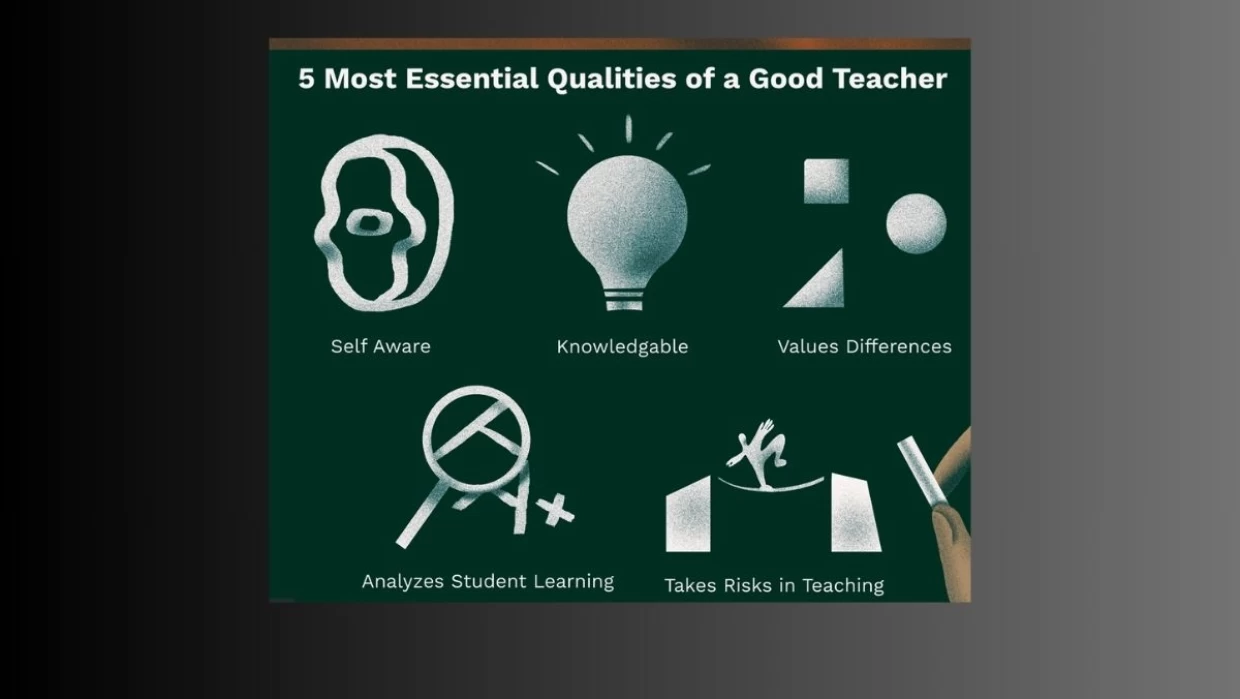
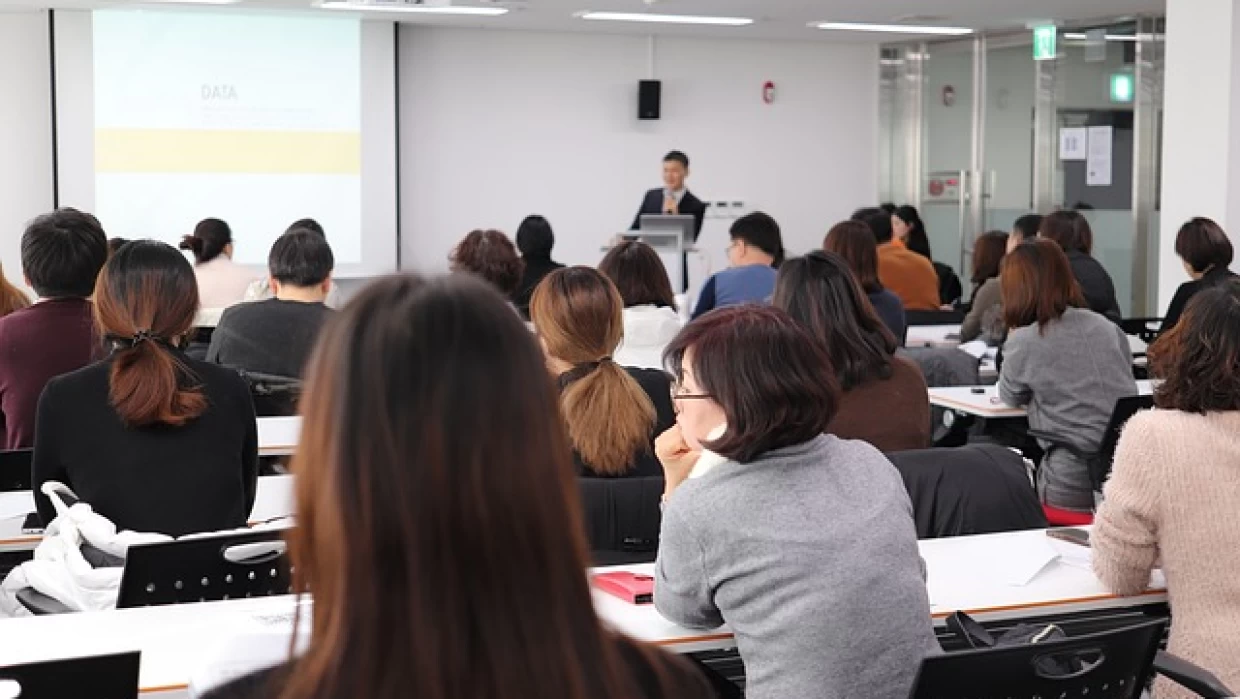


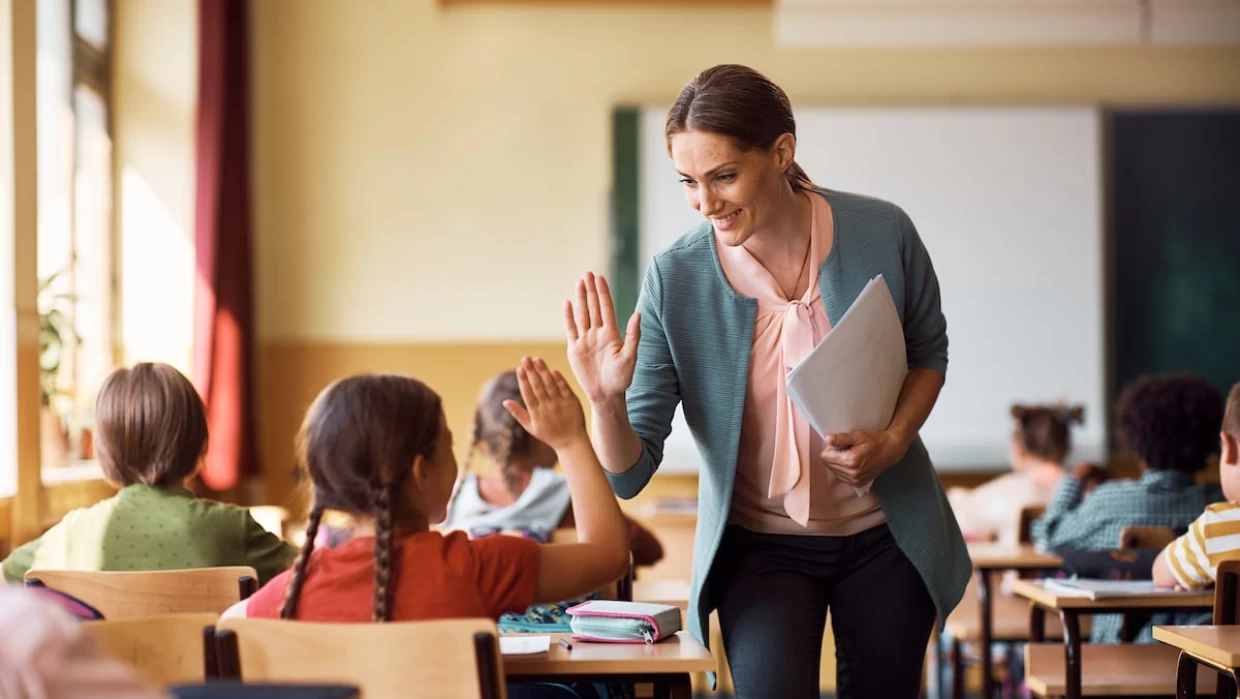
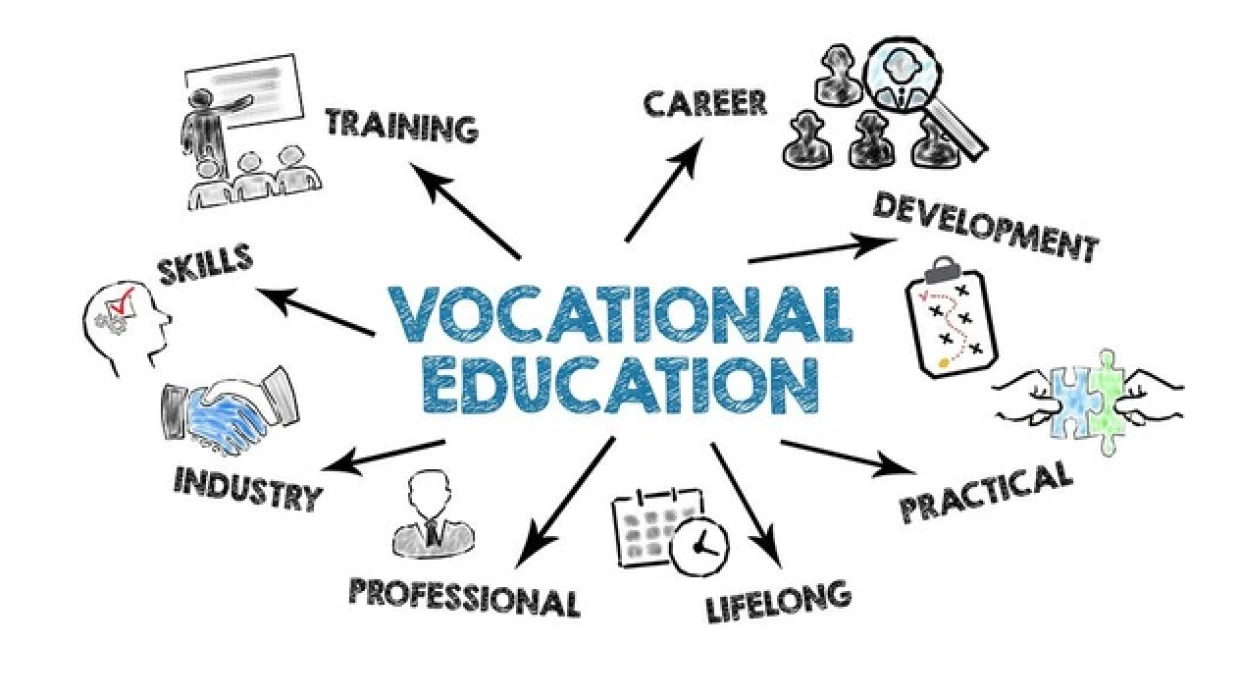
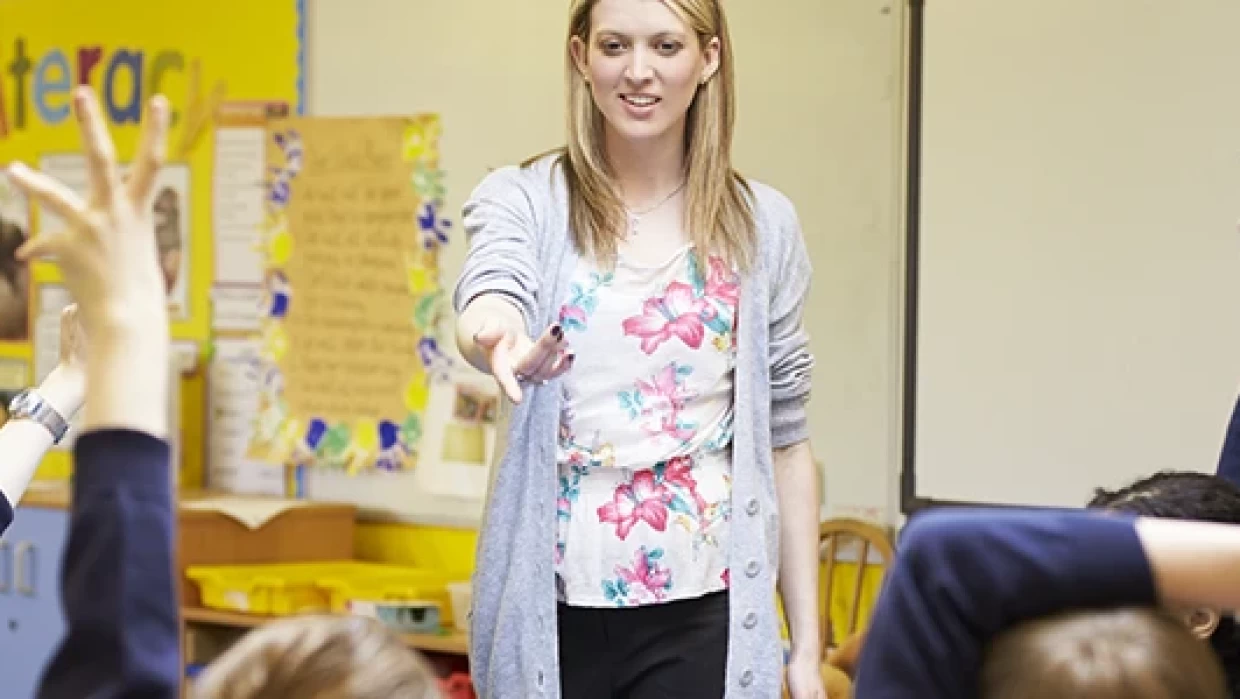

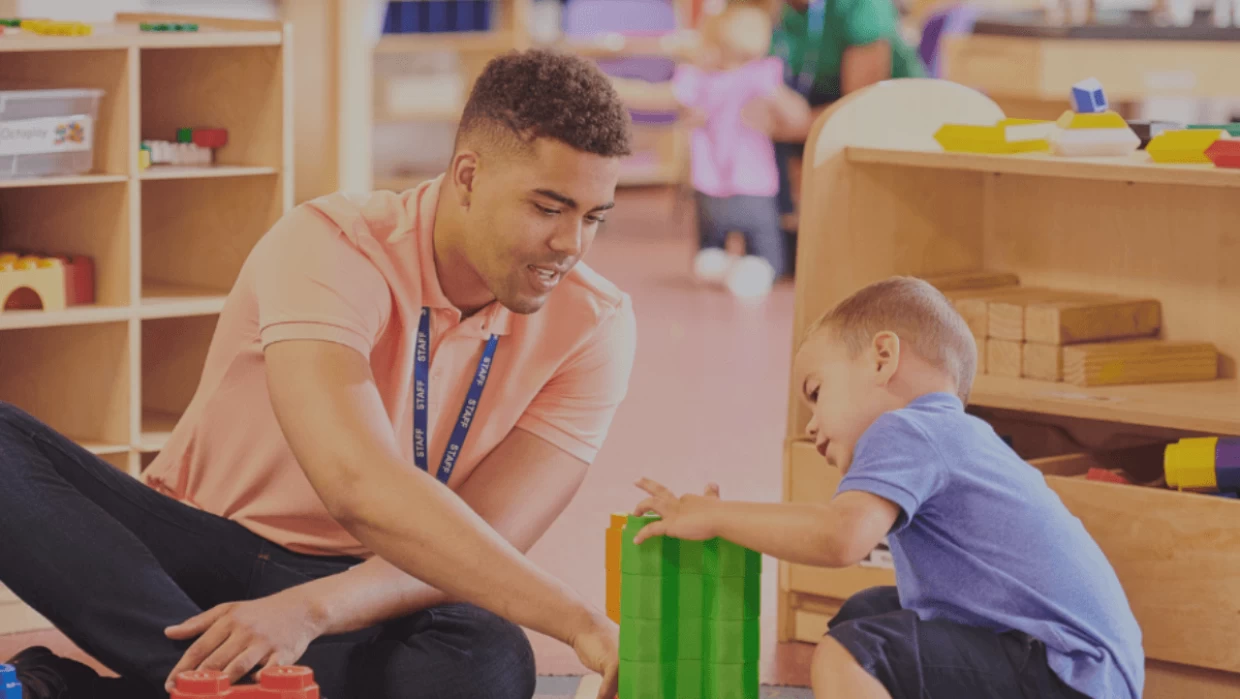

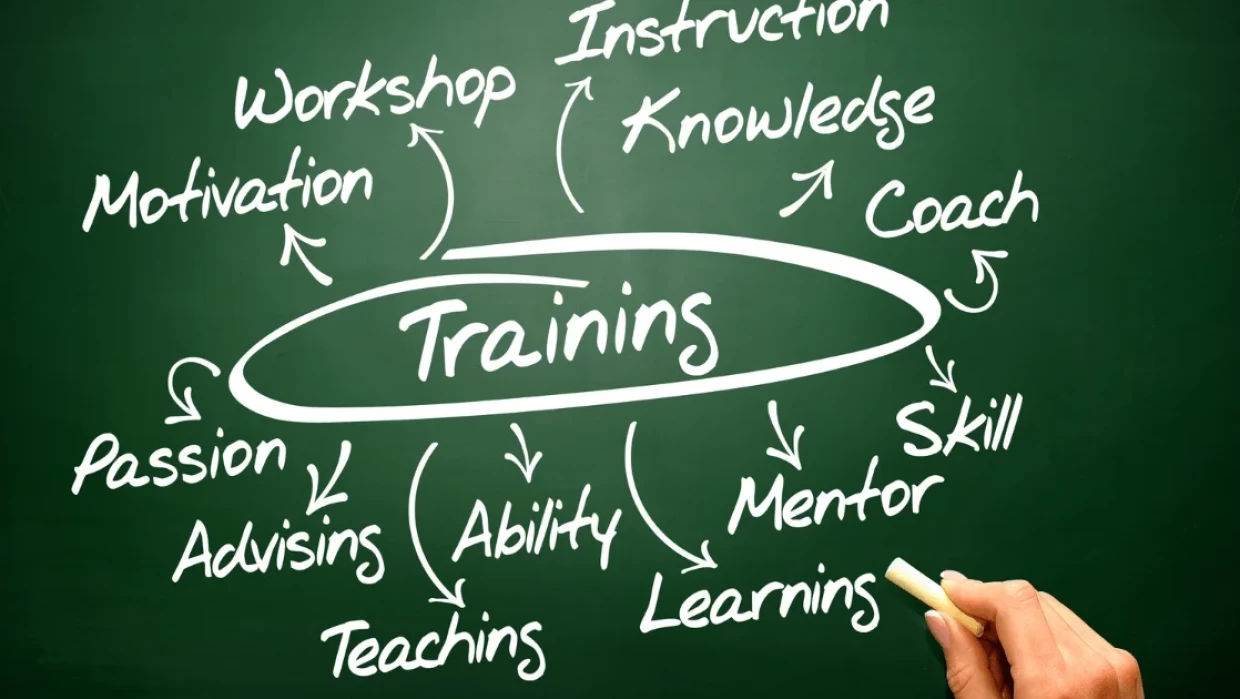
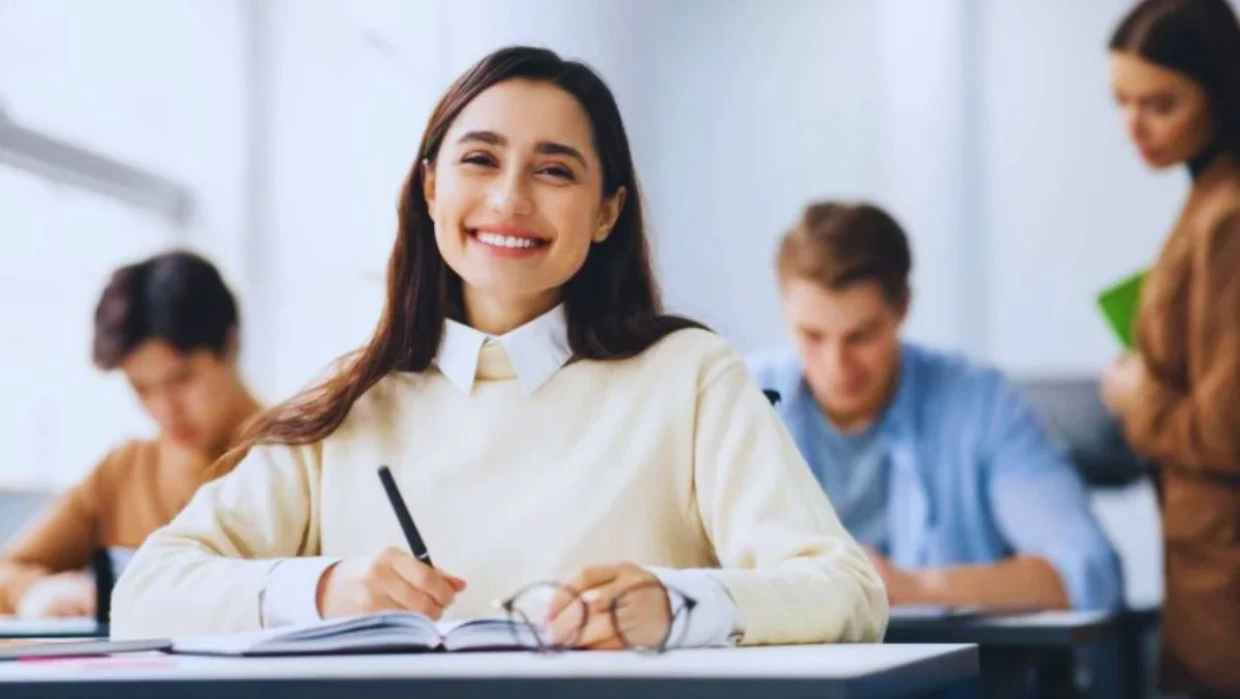
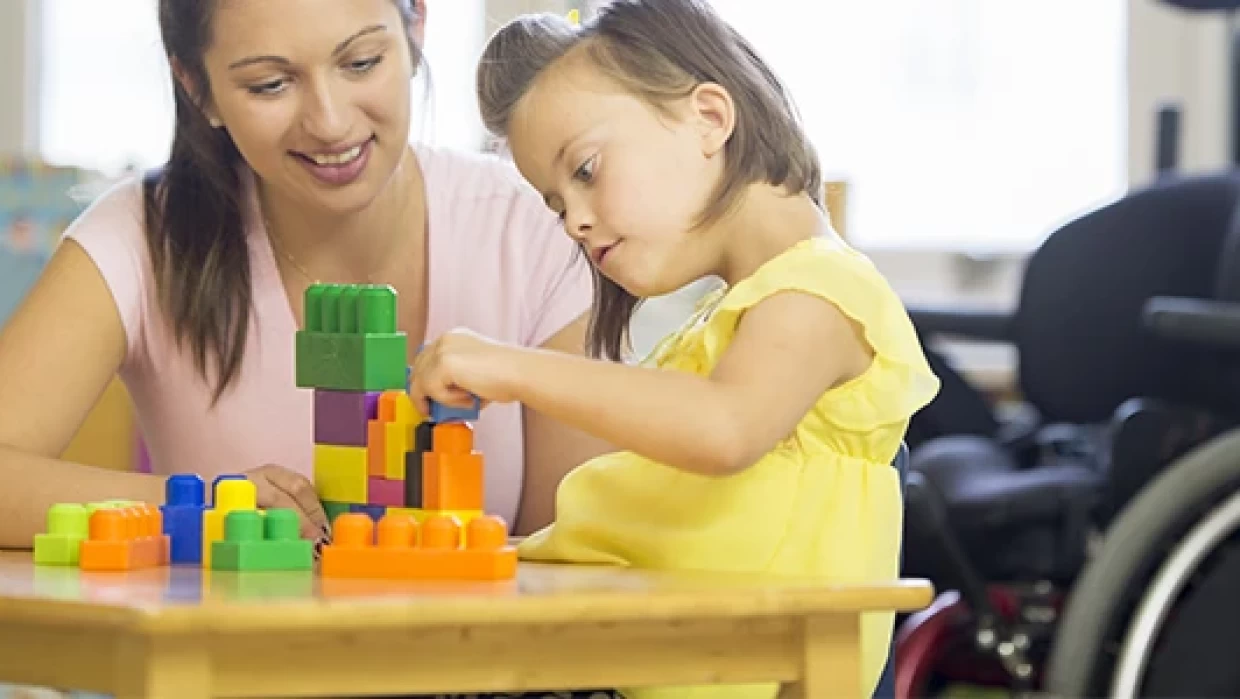
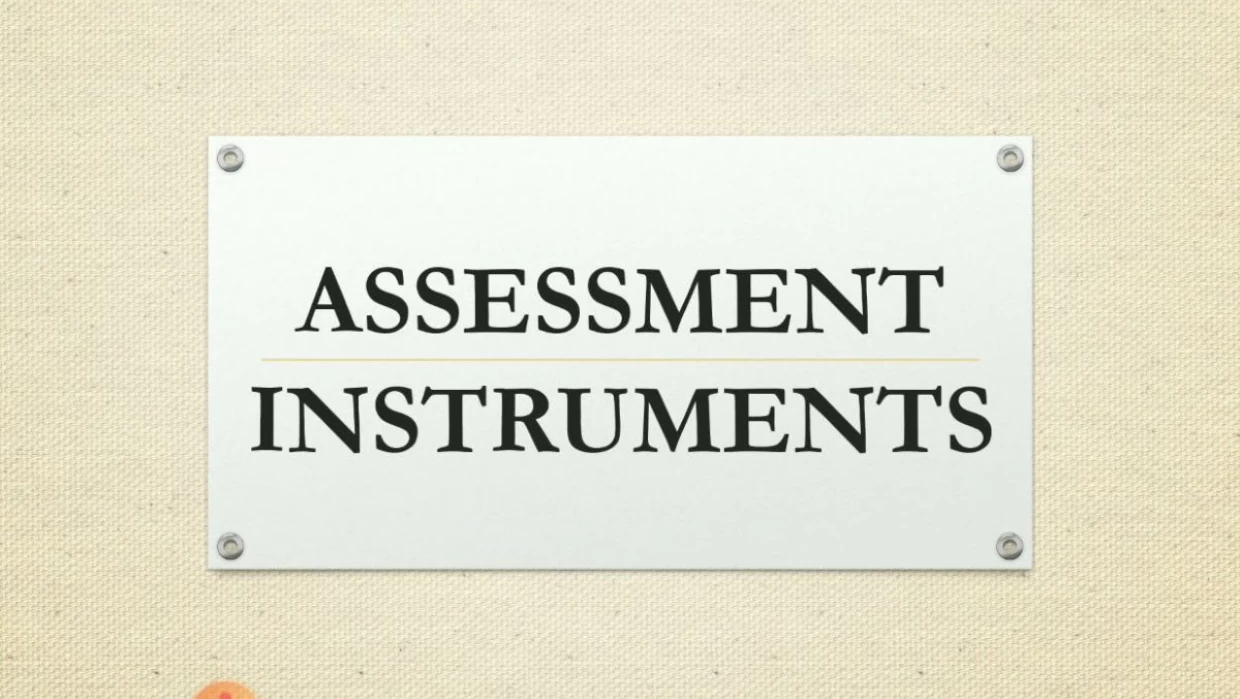


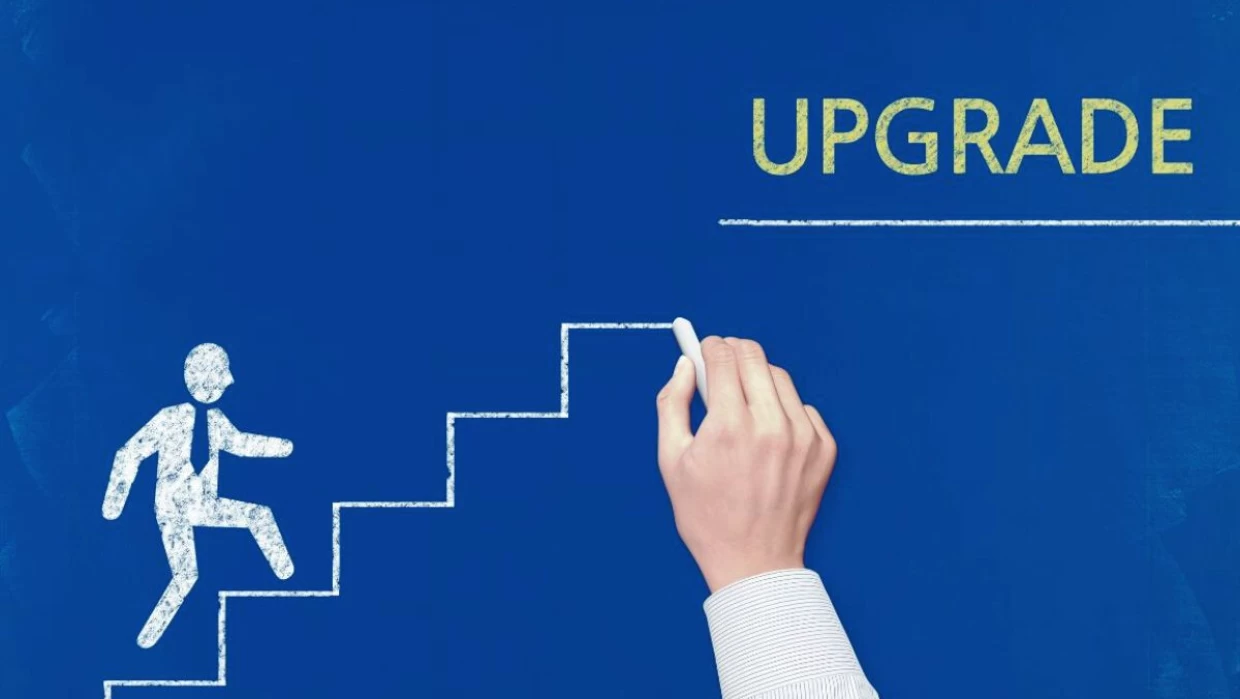

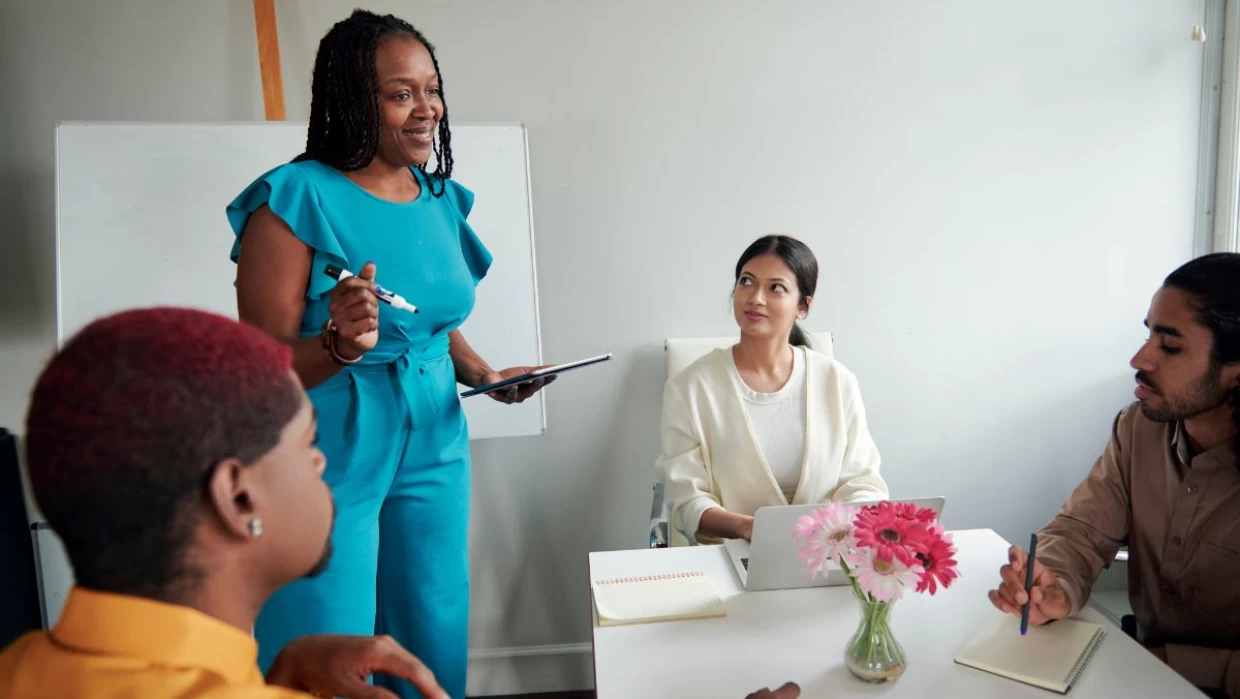
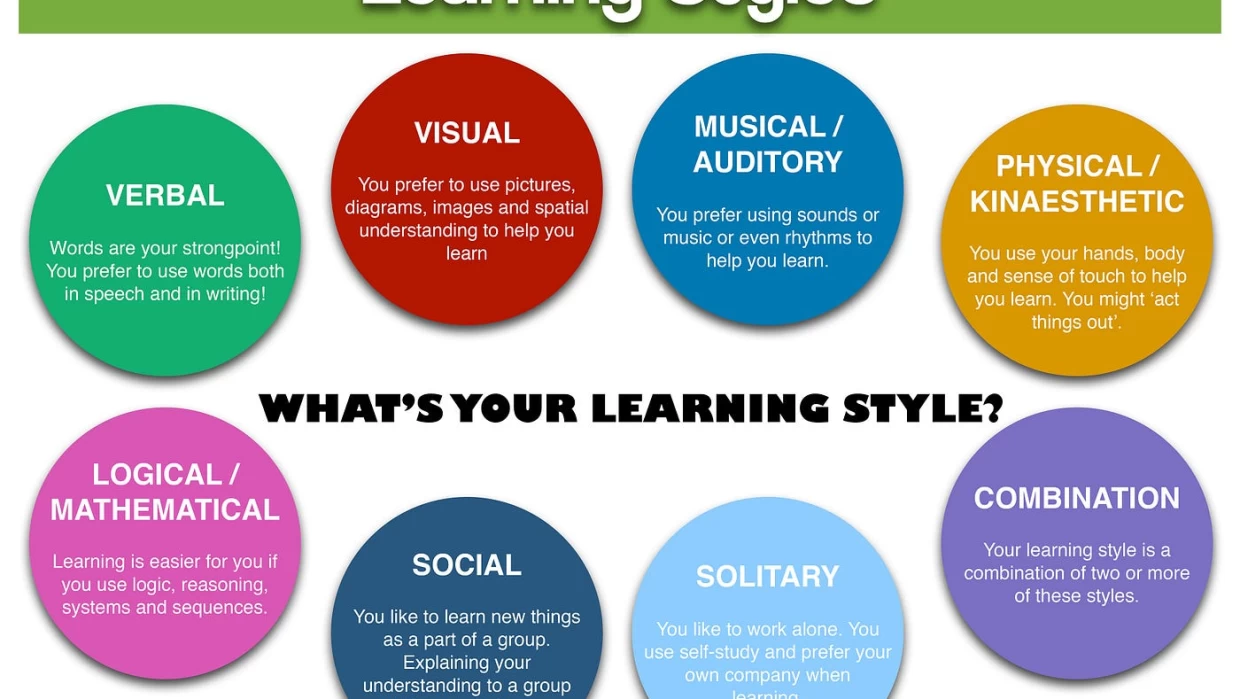
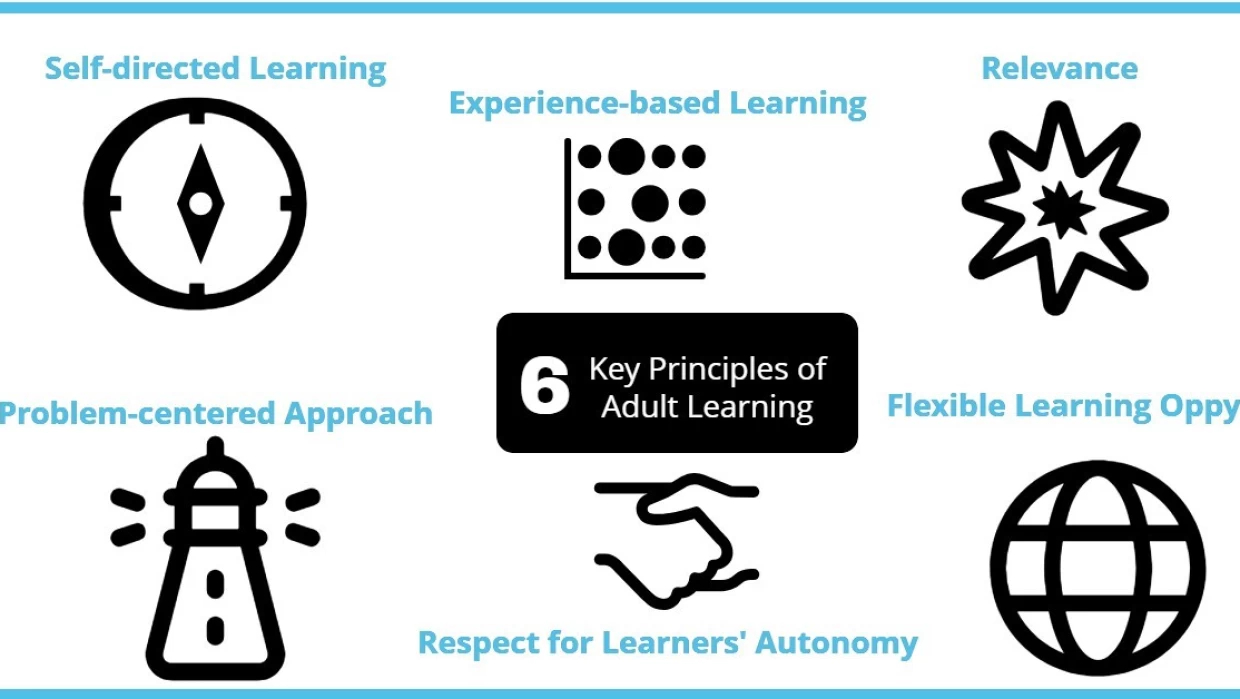
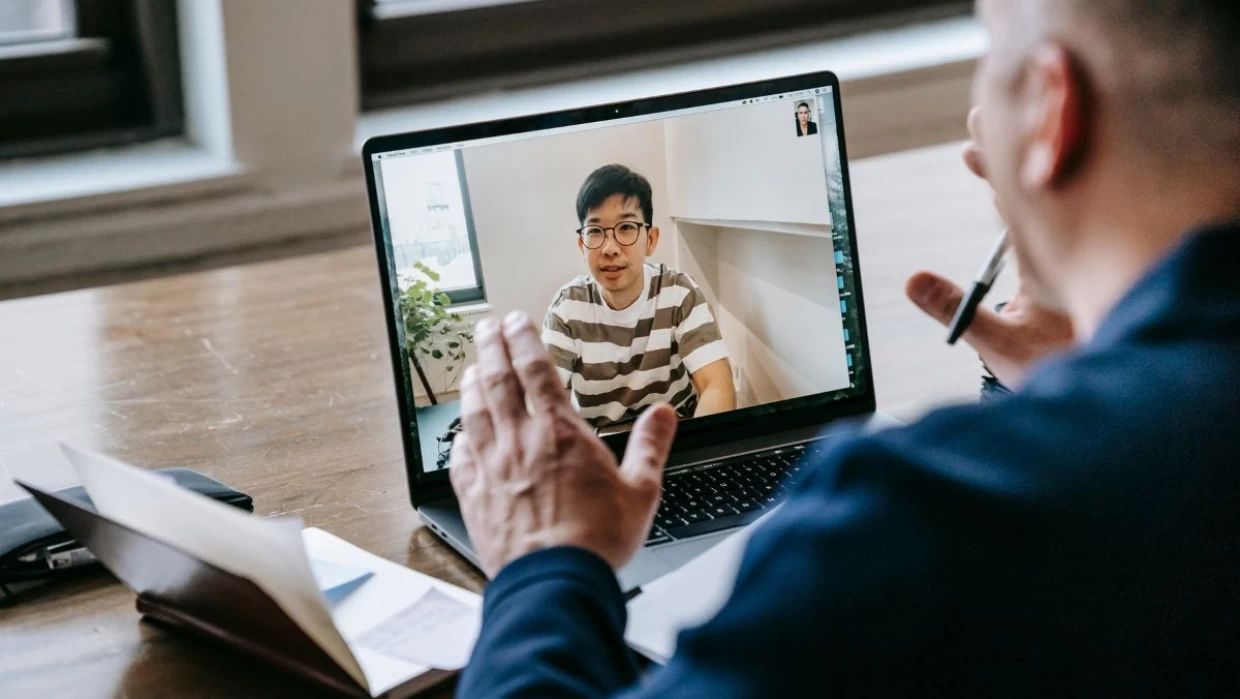


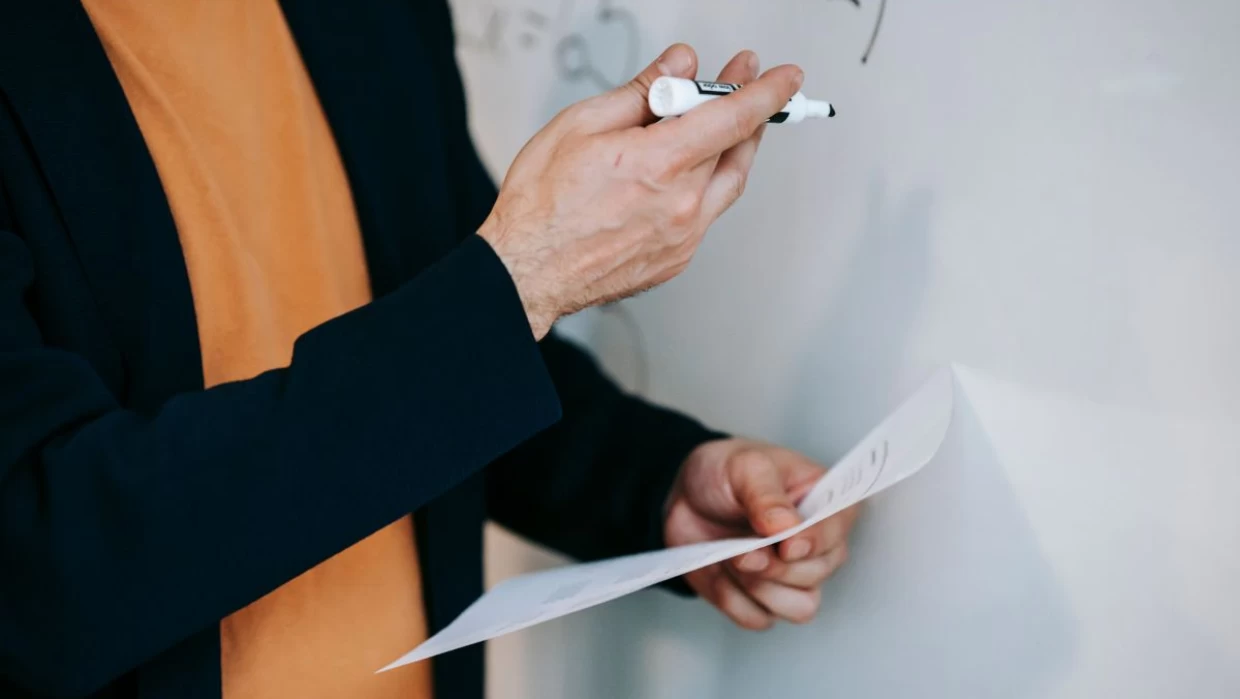
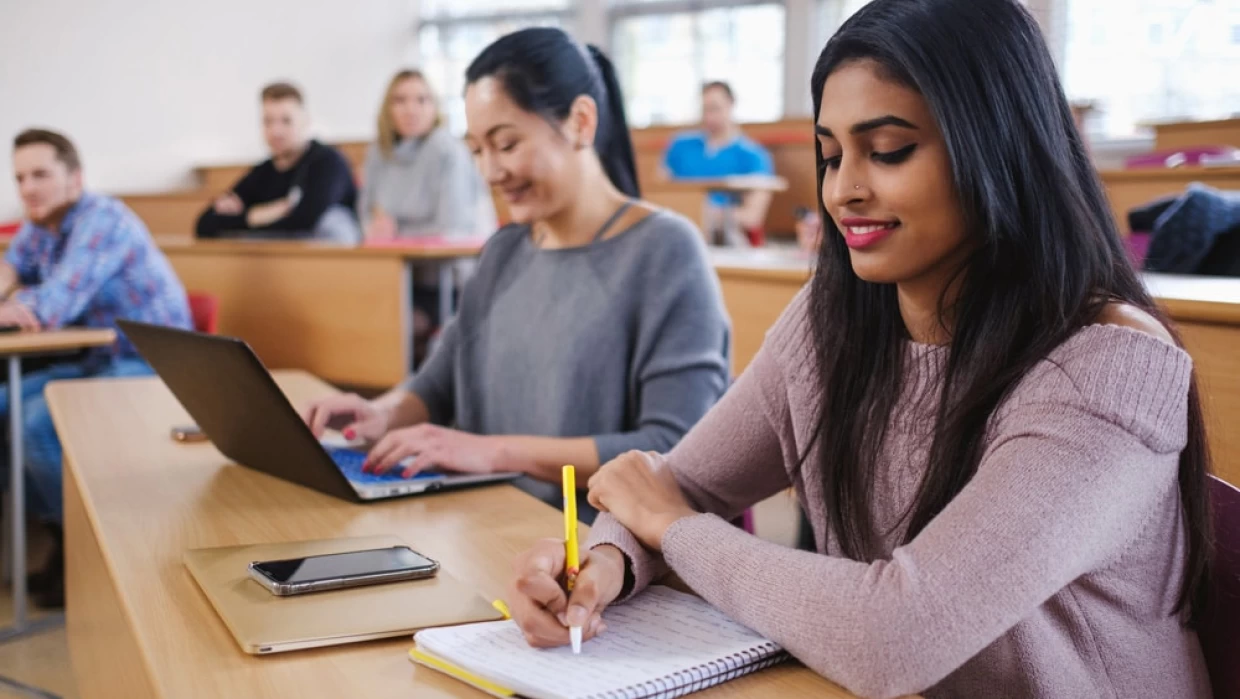
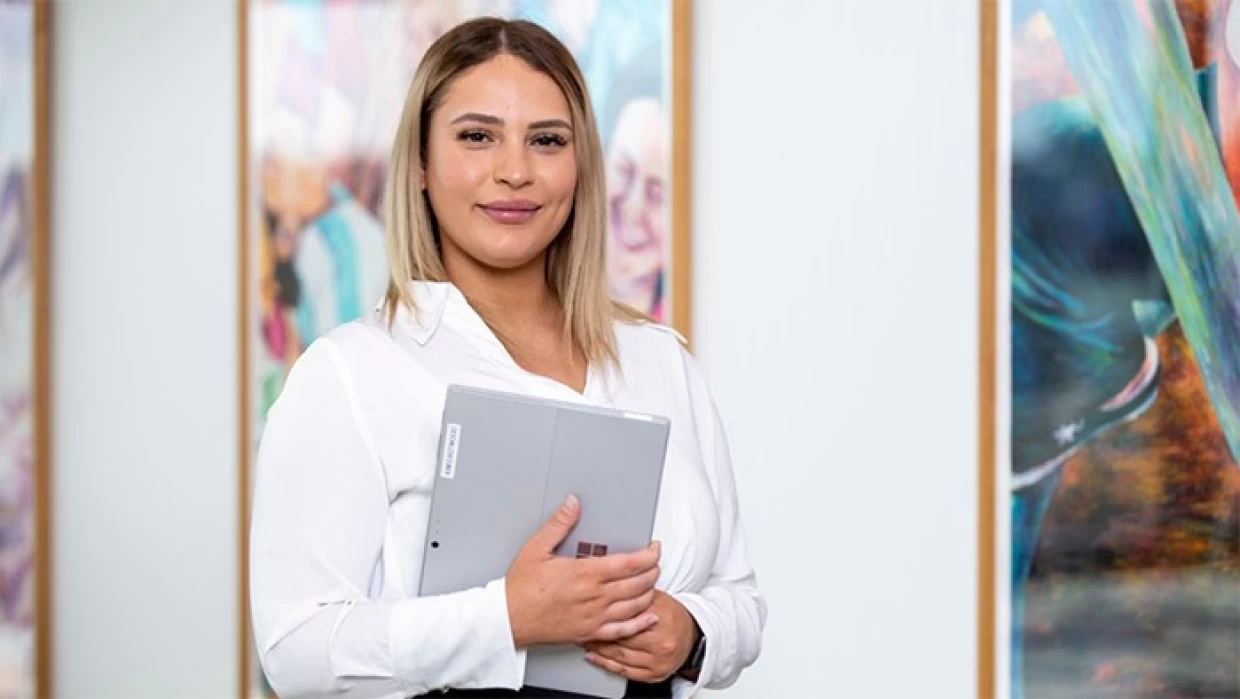
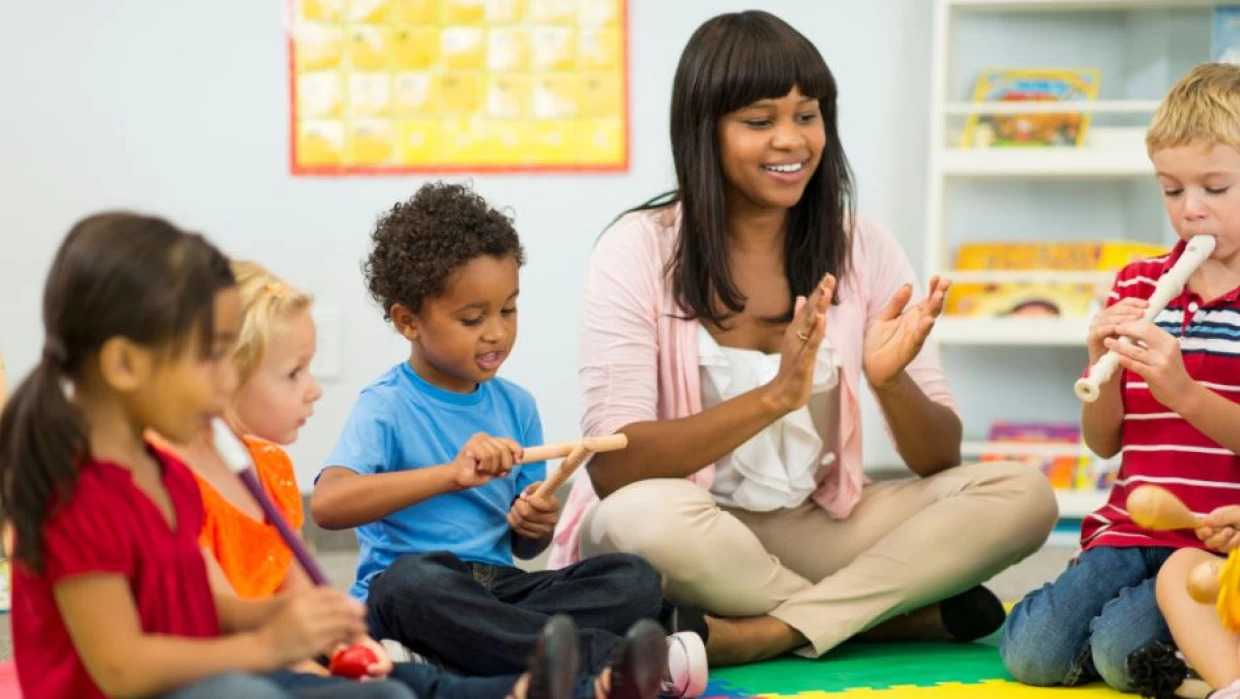
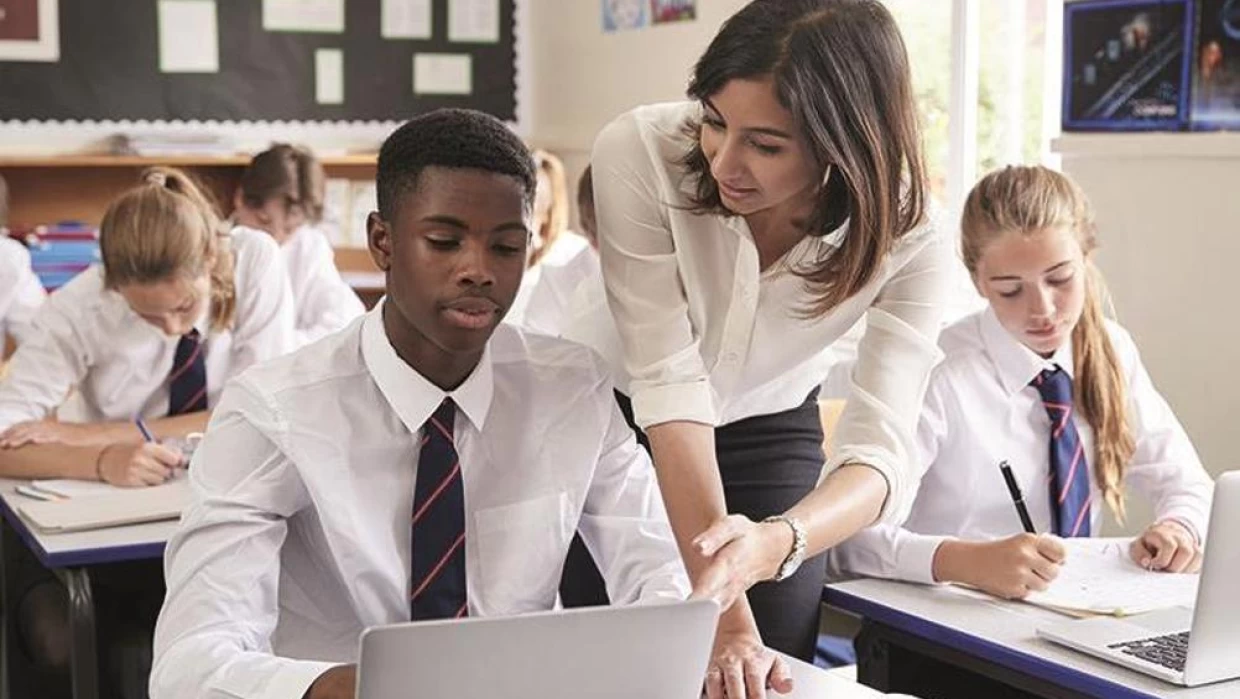






We would be delighted if you could get in touch with us.
Your email address will not be published. Required fields are marked